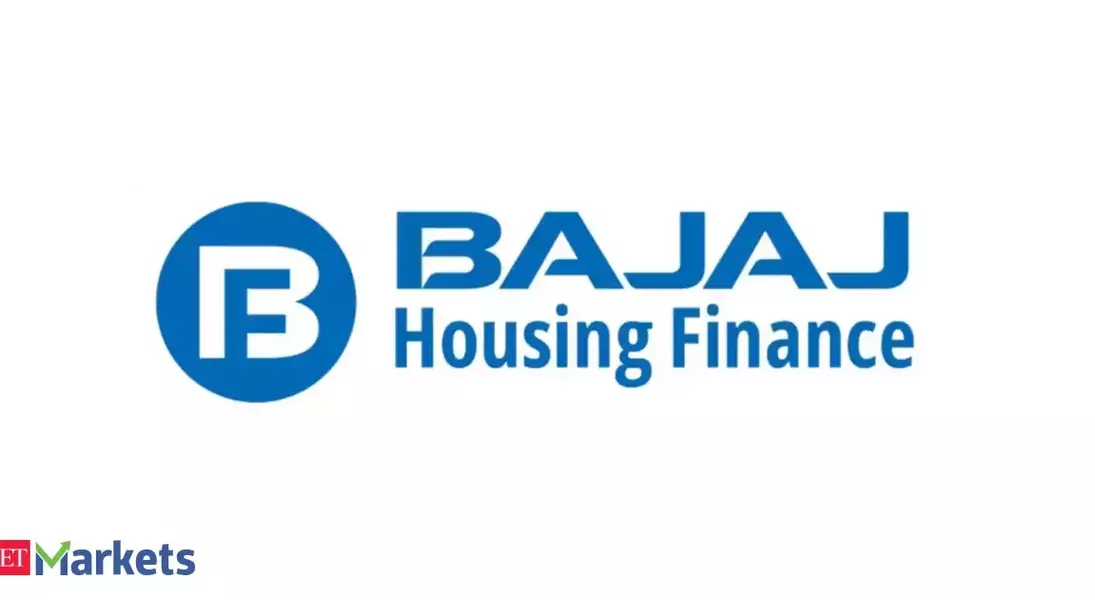Unlocking Opportunities: Bajaj Housing Finance's Share Lock-in Expiration
Bajaj Housing Finance, a recently listed company, has seen its share price drop by 4% as the 1-month share lock-in period expired, allowing for the potential sale of 12.6 crore (126 million) shares. This event has sparked discussions around the impact of lock-in periods on stock prices and the implications for investors.Navigating the Complexities of Share Lock-in Periods
Stabilizing the Market: The Purpose of Lock-in Periods
When a company goes public through an initial public offering (IPO), certain investors, such as promoters, anchor investors, and early investors, are subject to a "lock-in period." This period, typically ranging from six months to a year, is designed to stabilize the stock price and prevent sudden sell-offs. By restricting these major shareholders from selling their shares, the lock-in period ensures that the company's long-term growth is supported, as these investors maintain their commitment to the organization.Unlocking the Floodgates: The Expiration of the Lock-in Period
The expiration of the lock-in period, as seen in the case of Bajaj Housing Finance, can have a significant impact on the stock price. With the previously restricted shares now eligible for sale, there is a potential for a surge in selling pressure, which can lead to a temporary drop in the stock price. This phenomenon is often observed as shareholders take advantage of the newfound ability to liquidate their holdings.Navigating the Volatility: Strategies for Investors
Investors must carefully consider the implications of the lock-in period expiration when making investment decisions. While the temporary price drop may present opportunities for savvy investors, it is crucial to understand the underlying factors driving the market's reaction. Factors such as the company's fundamentals, industry trends, and the overall market sentiment should be thoroughly analyzed to make informed investment choices.Weathering the Storm: The Long-term Outlook
The impact of the lock-in period expiration is often short-lived, as the market adjusts to the increased supply of shares. In the long run, the company's performance, growth prospects, and management's ability to execute their strategic vision will be the primary drivers of the stock price. Investors who can look beyond the immediate volatility and focus on the company's long-term potential may be better positioned to capitalize on the opportunities presented by the lock-in period expiration.Regulatory Oversight: Ensuring a Fair and Transparent Market
The regulation of lock-in periods is an important aspect of maintaining a fair and transparent stock market. Regulatory bodies, such as the Securities and Exchange Board of India (SEBI), play a crucial role in ensuring that these periods are implemented and enforced effectively, protecting the interests of both investors and the companies themselves.Unlocking Value: The Broader Implications
The expiration of the lock-in period for Bajaj Housing Finance is not just a company-specific event; it has broader implications for the Indian stock market. As more companies go public and navigate the complexities of lock-in periods, investors and market participants must stay informed and adapt their strategies accordingly. The ability to understand and navigate these dynamics can be a key factor in achieving long-term investment success.You May Like


